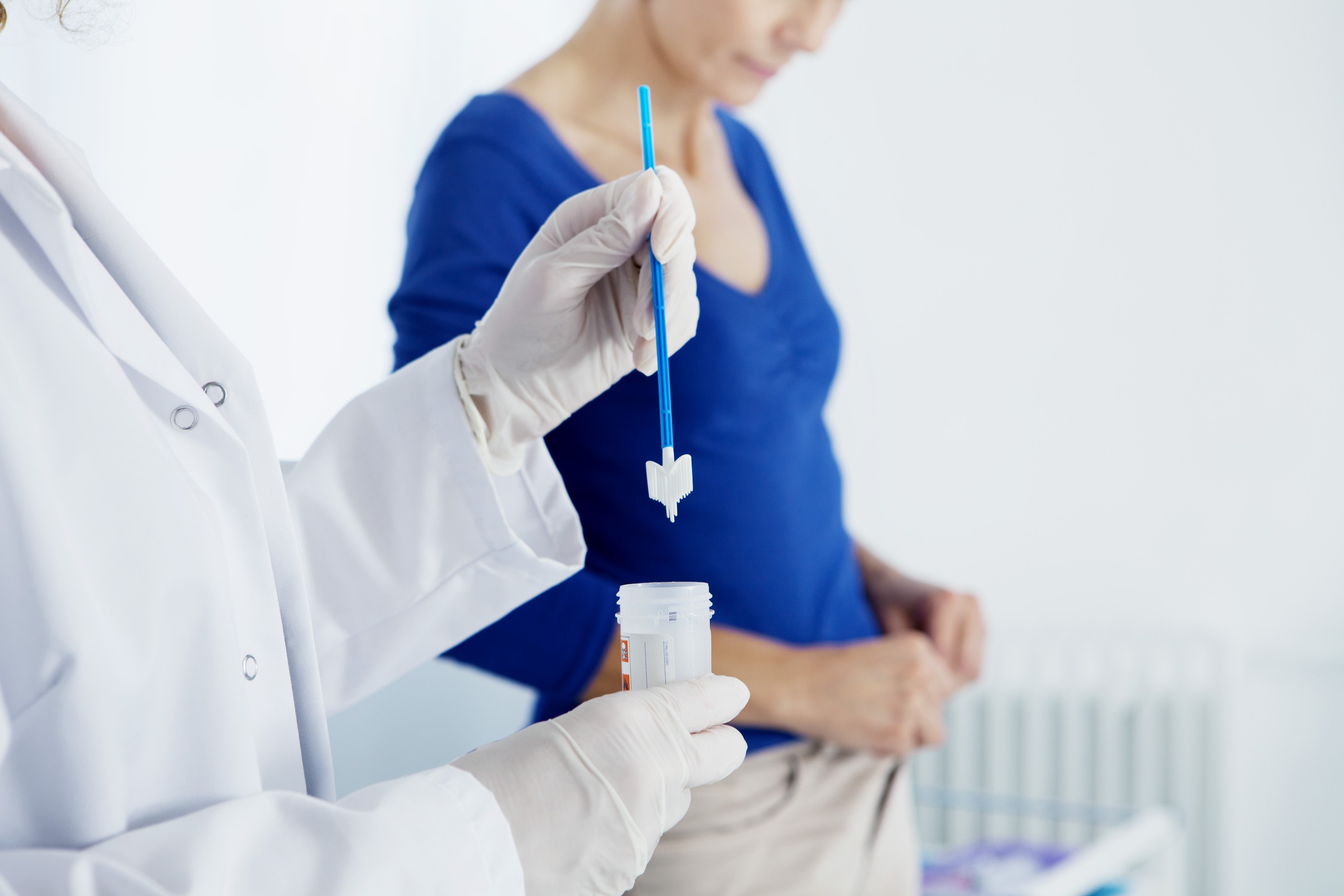Preventive Healthcare
Pap Smear Test: Importance, Benefits, and How to Get It Done Safely

Table of Contents
- Procedure of Pap Smear Test
- How Long Does A Pap Smear Test Take?
- How Can You Prepare For A Pap Smear Test?
- What to Expect After A Pap Smear Test?
- Who Needs A Pap Smear Test?
- When Should You Get A Pap Smear Test?
- When to Stop The Pap Smear Test?
- Frequently Asked Questions
- 1. Are There Any Risks Involved In Taking A Pap Smear Test?
- 2. Does A Pap Smear Test Hurt?
- 3. Can I Get A Pap Smear Done When I Am On My Period?
What is a Pap Smear Test?
A Pap smear is also known as a Pap test. It is a diagnostic procedure used to detect cervical cancer in women. It can also be done to reveal inconsistencies or changes in the cervical cells that may turn cancerous in the future. It can determine if any abnormal cells in the cervix show the tendency to turn cancerous. A Pap smear has both diagnostic and predictive purposes.
Procedure of Pap Smear Test
In the Pap smear test, cells from the cervix are scraped. The cervix is the lower end of the uterus, which connects to the vagina. The test is usually carried out in a diagnostic centre. It may be mildly uncomfortable for some women but does not cause any pain.
A speculum is inserted into the vagina and expanded to keep it open. You may experience a bit of pressure. Next, a metal or plastic tool is inserted into the cervix to gently scrape the cells from the sides (biopsy). These cells are collected in a sterilized container and sent to the laboratory for microscopic examination.
The sample cells collected are then examined under a microscope to detect any abnormal cells, cancer or the presence of the HPV virus (Human Papilloma Virus). HPV is a common STD or sexually transmitted disease, that may increase a woman's cervical cancer risk.
Usually, a pap smear procedure is done along with a pelvic examination. A pelvic exam involves examining the uterus, ovaries, vagina and other female reproductive parts. This test helps to detect diseases, infections, abnormalities, and even the presence of cancer. A pelvic examination and a pap test can be carried out together or separately, as required.
How Long Does A Pap Smear Test Take?
A pap smear test usually takes a few minutes.
How Can You Prepare For A Pap Smear Test?
Here's how you can prepare for a pap smear test:
- Try to avoid vaginal sex two days before the test.
- Do not use external substances such as creams, lubricants, intimate washes, birth control foam, jellies, douches, tampons, etc., at least two days before the pap smear test. This helps keep the cervical cells in their natural form and shape, making it easy to spot abnormalities.
- Get an appointment at least five days after your period ends.
What to Expect After A Pap Smear Test?
Once the cervical cells are sent for analysis, a pathologist examines them under a microscope to determine unusual cells or abnormalities. A report is prepared accordingly and shared with you. Your doctor reviews it and plans further action accordingly.
Who Needs A Pap Smear Test?
A Pap smear is a medical test done only for women. Doctors generally recommend a Pap smear starting at age 21 to prevent cervical cancer. Your gynaecologist usually decides if a pap smear is required.
When Should You Get A Pap Smear Test?
Doctors generally recommend that women between 21 and 65 get a Pap smear done at least once every three years. Women who are 30 years of age or older might consider getting a Pap smear combined with a pelvic examination. The doctor may suggest a more frequent examination for women with certain risk factors that depend on health conditions, genetics, lifestyle, medical history, etc.
Some of the risk factors that require Pap smear tests are:
- History of precancerous cells
- Long term smoking
- HIV infection
- Weak immune system
- Exposure to DES (diethylstilbestrol) before birth
When to Stop The Pap Smear Test?
There are certain situations in which a person can opt-out of Pap testing. Some of these are:
- Total hysterectomy: After undergoing a total hysterectomy (removal of the uterus), a person may no longer need to undergo pap smear tests. However, if the hysterectomy is done to prevent the growth of precancerous cells, then Pap smear testing may continue.
- Old age: If all previous Pap tests have been negative until 65, you do not need to continue Pap smear tests.
For more information, get in touch with us. Book Pap Smear Test with Metropolis today!
Frequently Asked Questions
1. Are There Any Risks Involved In Taking A Pap Smear Test?
Pap smear tests are safe and reliable. After taking the test, a few people experience spotting, which is natural. Get in touch with your doctor if you feel pain or cramping. There is a rare chance of getting a false-negative result.
2. Does A Pap Smear Test Hurt?
During a Pap smear, you may feel some pressure when the vagina is opened with a speculum. It may feel slightly uncomfortable, but it is not painful. You may experience spotting after the Pap smear test. If the spotting or discomfort lasts more than 24 hours, it is best to get in touch with your doctor.
3. Can I Get A Pap Smear Done When I Am On My Period?
It is recommended not to get a Pap smear when you are on your period. This is because the cell composition (physical and chemical) of the vagina and cervix are slightly altered and may give wrong impressions during the examination. Hence, scheduling a Pap smear test five days after the bleeding stops is recommended.




























